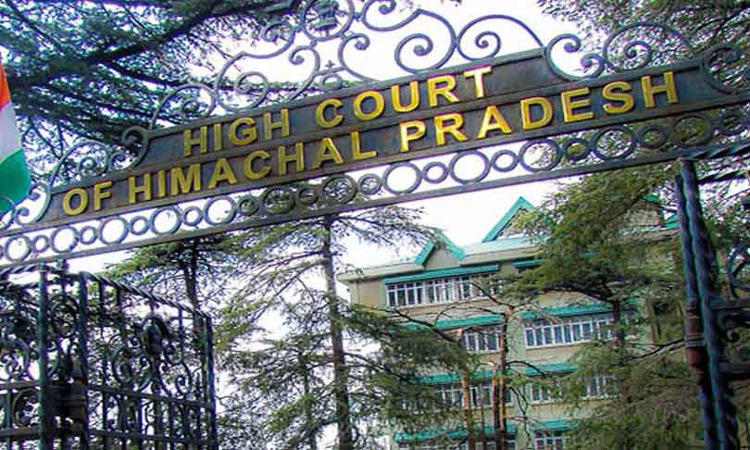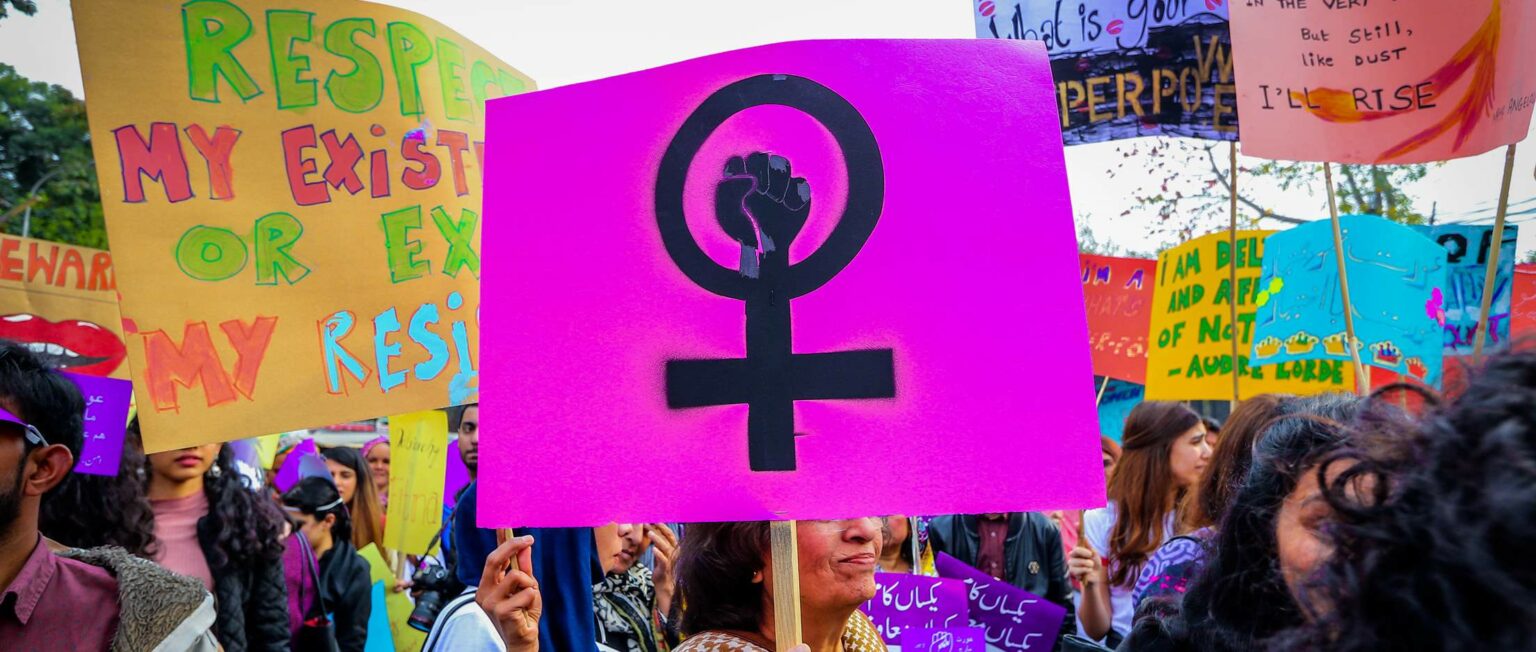Table of Contents
The Himachal Pradesh High Court today in an important judgement held that maternity leave falls under the purview of fundamental rights. The bench consisted of Justices Tarlok Singh Chauhan and Virender Singh.

The Ruling
The court upheld the order passed by the Himachal Pradesh Administrative Tribunal. The Himachal Pradesh High Court, ruling in favor of the respondent woman it held that Articles 29 and 39D of the Indian Constitution confer upon women the right to maternity leave. It also said that maternity is a fundamental right.
Background of the case
The respondent, who is a woman, had availed of a three-month-long maternity leave in 1996 while being employed on a daily wage basis. She resumed services after the delivery of the child. However, on account of the maternity leave taken earlier, she was unable to meet the minimum 240-day requirement.
Subsequently, the woman appealed to the Himachal Pradesh Administrative Tribunal. The tribunal, as per the provisions of the Industrial Disputes Act, held that the period of maternity leave taken would be considered to be a continuation of service and does not make the woman ineligible for payment.
The state government of Himachal Pradesh filed a petition against the tribunal order in the High Court.
State’s Arguments
The state’s main contention was that there existed no provision that granted maternity leave benefits to women at the time the respondent was on maternity leave.
High Court’s Reasoning
The court rejected the state government’s argument taking into account the signatory status of India to various international human rights covenants and treaties. The court held that human rights are supreme and must be preserved at all costs.
The court also considered the fact that the right of a woman employee to avail maternity leave is well established as per the Maternity Benefit Act, 1961.
The court, taking a compassionate view, said that the woman could not be expected to do hard labor at the time of pregnancy.
“The employer has to be considerate and sympathetic towards her and must realize the physical difficulties which a working woman faces in performing duties at the workplace while carrying a baby in the womb.” the court said in its order.
The court also relied on Article 42 of the Constitution of India according to which the State has a duty to make provisions for maternity relief and securing just and humane conditions of work.

Maternity Leave in India: Legal Landscape
The Maternity Benefit Act of 1961 is the most important legislation governing maternity leaves in India. As per the Act, eligible women can take maternity leave for up to 6 months. They are to be paid their regular salary by the employer during this period of leave. The woman employees can avail of this leave before or after the delivery of the child. Additionally, certain amenities such as safe drinking water, comfortable seating, and a hygienic work environment must also be necessarily provided by the employer.
Maternal Rights: International Scenario
Article 25(2) of the Universal Declaration of Human Rights, 1948 confers upon motherhood and childhood an entitlement to special care and assistance.
Among other international conventions, two important ones that the court quotes in the judgement are “Convention on the Elimination of all Forms of Discrimination against Women” (CEDAW) and “ILO: Maternity Protection Convention 2000”. Both these conventions stress on the need for maternity benefits to secure a safe and fair working environment for women and granting protection to the unborn child.












